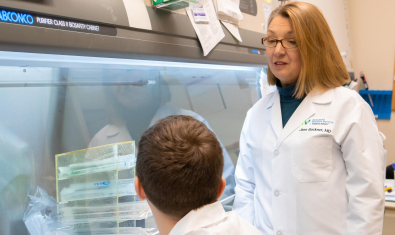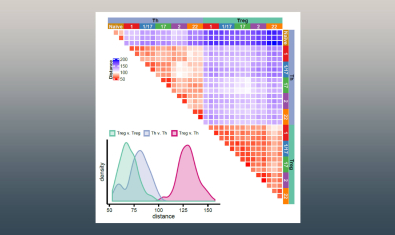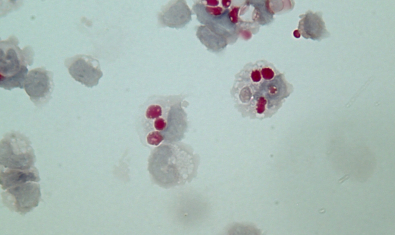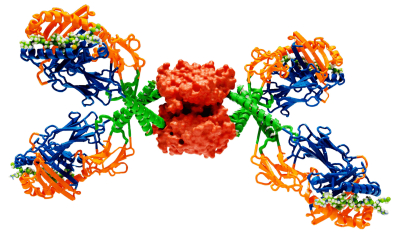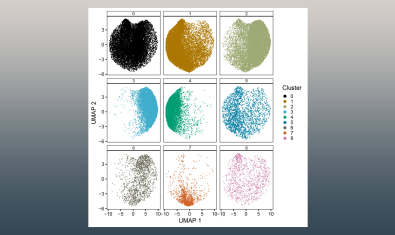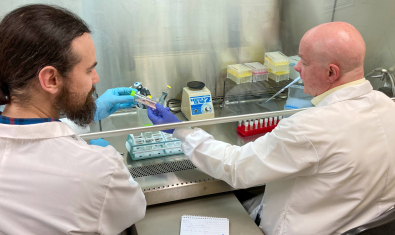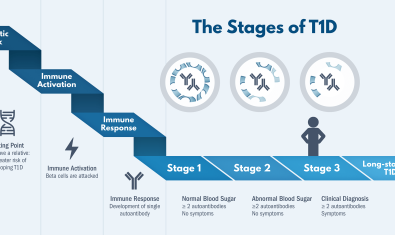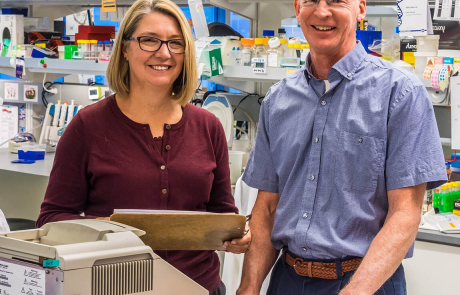What is the rheumatic disease biorepository
BRI’s Rheumatic Disease Biorepository is a confidential list of people with rheumatic diseases who are willing to donate a blood sample and provide health information for scientific research. Rheumatic diseases are a group of conditions that affect the bones, joints, tendons, muscles and ligaments. BRI scientists study rheumatic diseases that affect the immune system including lupus, rheumatoid arthritis, scleroderma and relapsing polychondritis.
Our scientists study donated samples to better understand the causes and long-term health effects of rheumatic diseases and to explore better treatment options. All of the information gathered is kept confidential, and samples and health information are coded with numbers, not names.
Participate in Rheumatic Disease Research
We are currently enrolling adults, age 18 and older, who have been diagnosed with a rheumatic disease. We have a particular interest in collecting samples from participants that are not currently taking medication and those willing to give a sample when they are having a disease flare. Our current areas of study include:
- Rheumatoid arthritis (RA)
- Ankylosing spondylitis (AS)
- Relapsing polychondritis
- Systemic lupus erythematosus (SLE)
- Scleroderma
We are also looking for family members and friends of all ages who do not have a rheumatic disease or other immune-mediated or autoimmune disease to join our healthy control biorepository.
Participating in research typically involves a 45-minute to one-hour visit to BRI in downtown Seattle. Our team will collect a blood sample and ask questions about your personal and family medical history. All samples and information are kept confidential. Learn more: Biorepository FAQ



